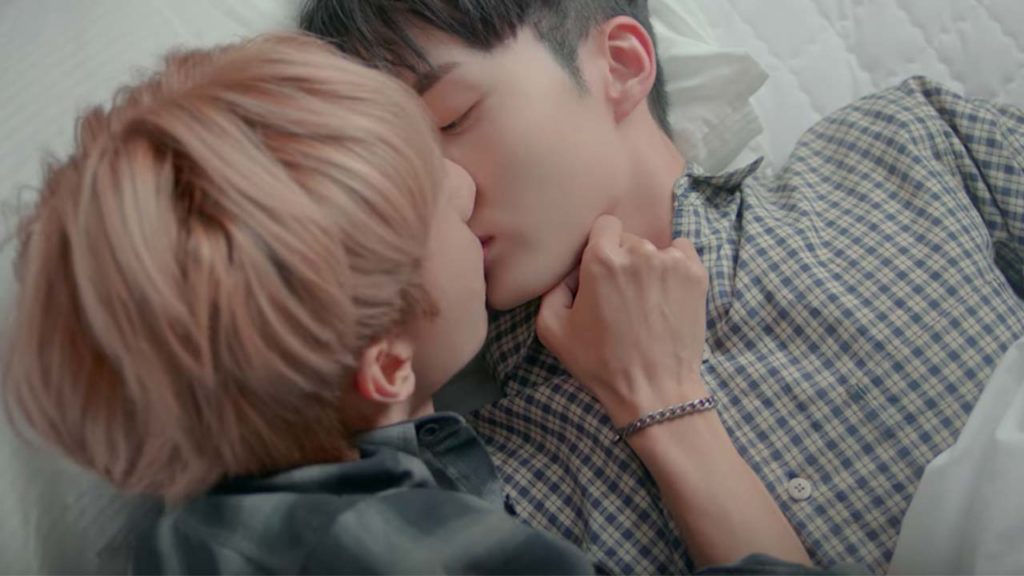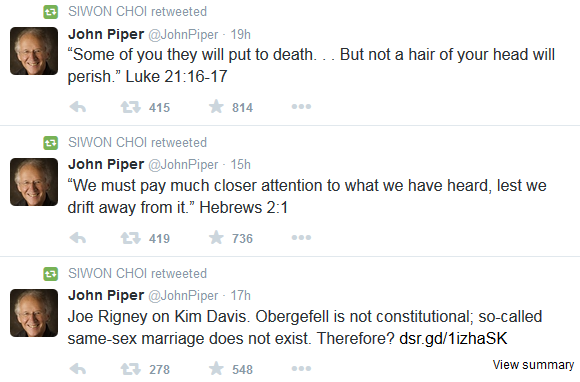The idea of LGBT+ in Kpop is a taboo subject. Rarely do we see it discussed on mainstream Korean media: in fact, we see Korean media outlets push heterosexuality as the norm. Korea’s sexual conservatism clashes with the liberal nature of the LGBT+ community, leading to homophobia towards those who are openly out.
Yet the stigma that accompanies LGBT+ people has, in recent times, morphed into a sort of exoticism, the thrill of engaging in something that’s against Korean social norms. Whilst acceptance of the LGBT+ community is a good thing, there are some who cross the line into fetishisation; artists queer-bait their fans and then denounce homosexuality in the same breath.
The Kpop industry in particular enables this duplicity by shunning openly gay artists, whilst others queer-bait as a marketing ploy. Holland – Korea’s first openly gay idol – has centred his music around his experiences as a gay person. Because of his desire to open a discussion about homophobia and the LGBT+ community through his music, several companies refused to sign him. His sexuality was the sole reason that he has had to work twice as hard as others to have his music released – he had to use his own money to produce his debut single and create a one man company.

The ‘controversial’ kiss from Holland’s ‘Neverland’ MV.
Despite this, ‘Neverland’ grossed over 1m views within 20 hours of its release and at the time of writing its view count is 12,067,608. A massive amount considering that Holland is banned from performing the song on music shows; Neverland was immediately labelled 19+, which means that it’s considered ‘inappropriate’ for younger age groups. When we look at the amount of heteronormative media saturating the Korean entertainment industry – think ‘We got Married’ or the countless K-Dramas featuring heterosexual couples – it’s hard to believe that all the attempts to stifle Holland’s music aren’t rooted in homophobia.
Yet when heterosexual artists queer bait (a marketing technique in which creators hint at, but then not actually depict, same-sex romance), they are met not with furore but with screams of delight from ‘stans.’ The Kpop industry is notorious for queer-baiting, as they see the LGBT+ community only as a group with untapped financial potential, and not a social group worthy of actual representation. Scared of alienating homophobic fans but wanting to appeal to LGBT+ people, artists deliberately create ambiguity concerning their romantic/sexual preferences. Some will do ‘skinship’ (any physical contact between two people, normally of the same sex, that can be interpreted as having romantic intentions) at live or variety shows such as holding hands, hugging and kissing.

Receipts of Super Junior’s Siwon retweeting homophobic content to his official twitter page.
Siwon of Super Junior is infamous for his queer-baiting past, kissing and cuddling his fellow members on stage. It’s odd because it contrasts with Korea’s stance on homosexuality anyway, but if we look at the purpose of fetishising the LGBT+ community, it suddenly looks a lot more sinister than just ‘fan-service.’ It serves to remind Korean LGBT+ people that their sexualities are only acceptable when they’re used for entertainment purposes. It’s quite frankly perverse, dehumanising even, in a society where LGBT+ pride is continually suppressed by the government. When people are afraid to ‘come out’ in fear of losing their families, jobs and friends, it’s disrespectful to then openly mock that and then dangle the freedoms Korean LGBT+ people don’t have in front of their faces.
In the same breath, Siwon has also said on record that he “[does]not wish to acknowledge homosexuals as I have been taught that God created Man and Woman with specific characteristics and duties.” He has also been known to support law-breaking homophobes such as Kim Davis who refused to provide services for LGBT+ people, using the justification that “same-sex marriage does not exist.” The sheer hypocrisy of his statements shows that he views homosexuality as nothing other than a persona that he can exploit for financial gain.
Ultimately, Kpop’s relationship with homosexuality is a complex one. It’s as if those in the Kpop industry like the idea of homosexuality – they’re happy enough to profit from homo-erotic imagery and exploit the LGBT+ community. But when an artist actually comes out as LGBT+ and the gay fantasy becomes reality, it’s treated as a huge scandal. Why should an artist’s romantic and/or sexual preferences determine their worth? Their talent and success? Korea needs to take bigger steps towards inclusivity – as groundbreaking as Holland’s debut was, one openly LGBT+ idol is not enough. We need representation, discussion and education before we can truly rock the boat and share the platform with the LGBT+ community. There is a big question mark hanging over when that will happen – but hopefully, we will get there.
Opinions expressed are solely the writer’s own and may not represent the views of opinions of UnitedKpop Ltd.


![[OP-ED] Fetishisation and homophobia – the LGBT paradox within the Kpop industry.](https://unitedkpop.com/wp-content/uploads/2019/07/oped_lgbtparadox_twit-1078x488.jpg)
![[OP-ED] With the Kakao M and Spotify Controversy, Everyone Loses (For Now)](https://unitedkpop.com/wp-content/uploads/2021/02/nws-spotify-kakaom-214x140.jpg)
![[OP-ED] How Kpop Changed My View Of Music](https://unitedkpop.com/wp-content/uploads/2020/10/got7-justright-1-214x140.jpg)
![[OP-ED] H1GHR MUSIC: Why Now is The Perfect Time For a Compilation Album](https://unitedkpop.com/wp-content/uploads/2020/08/h1ghr_bluetape-214x140.jpg)